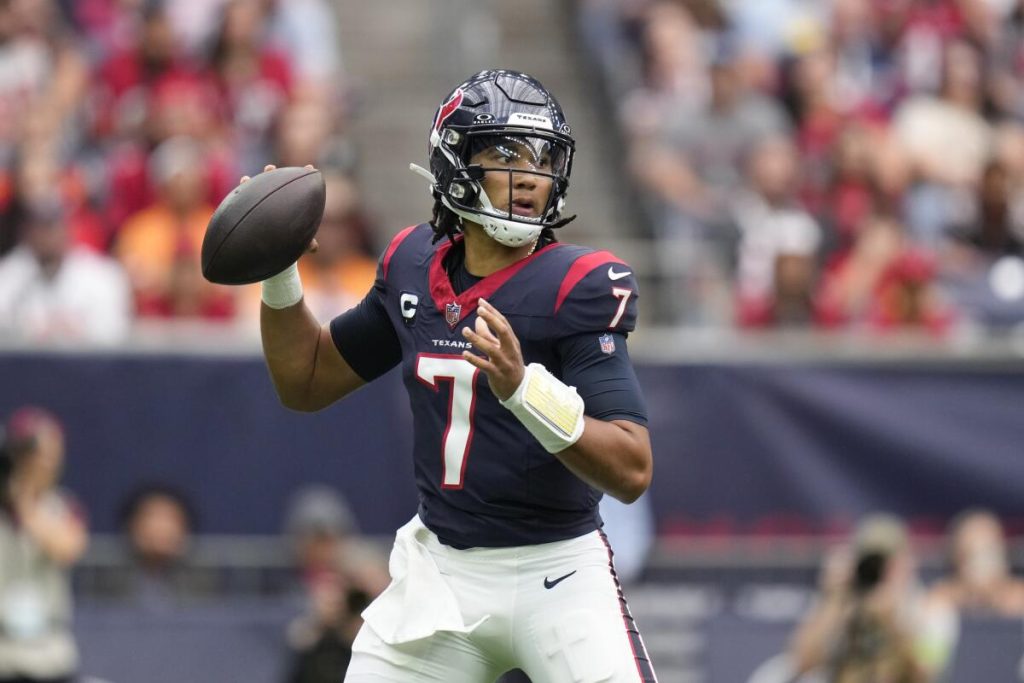Hedging in NFL betting is a strategic approach employed to minimize risks and potentially maximize profits by placing additional bets to offset potential losses or secure guaranteed returns. This art of hedging requires a careful balance between risk management and profit optimization, and mastering it can be a valuable skill for seasoned bettors. One common hedging strategy in NFL betting involves taking advantage of favorable fluctuations in betting odds. For instance, suppose you initially bet on a team to win the Super Bowl at the beginning of the season when their odds were relatively high. As the season progresses and the team perform well, their odds of winning the championship may shorten. At this point, you can hedge your original bet by placing additional wagers on opposing teams or outcomes that offer favorable odds. By doing so, you create a scenario where you can profit regardless of the final outcome; albeit with potentially lower returns than if your original bet had won outright.

Another hedging technique involves leveraging in-game betting opportunities to mitigate losses or lock in profits. For example, suppose you bet on a team to win a game before kickoff, but they start the game poorly and fall behind early. In this scenario, you can hedge your initial bet by placing a live bet on the opposing team or the current game total to cover your potential losses or secure a smaller profit. By adjusting your bets based on the evolving dynamics of the game, you can minimize the impact of unfavorable outcomes and potentially salvage your wagering position. Furthermore, hedging can be utilized to protect against adverse developments, such as injuries to key players or unexpected changes in game conditions and view site. For instance, if a star quarterback sustains an injury before a crucial playoff game, it may significantly impact their team’s chances of winning. In this scenario, you can hedge your original bet by placing wagers on the opposing team or alternative outcomes that benefit from the injury-related uncertainty. While hedging may reduce the potential upside of your bets, it provides a safeguard against unforeseen events that could result in substantial losses.
Additionally, hedging can be employed to lock in profits when a favorable opportunity arises. Suppose you bet on a team to win a playoff series and they take a commanding lead in the series early on. In this situation, you may consider hedging your original bet by placing wagers on the opposing team to win subsequent games or the series overall. By doing so, you ensure a guaranteed profit regardless of the final outcome, albeit at the expense of potentially higher returns if your original bet had prevailed. In summary, the art of hedging in NFL betting involves strategically managing risks and maximizing profits through calculated adjustments to your wagering positions. By leveraging changes in betting odds, capitalizing on in-game betting opportunities, protecting against adverse developments, and locking in profits when favorable, bettors can effectively navigate the uncertainties of sports betting and enhance their overall profitability. However, it is essential to approach hedging with careful consideration and a thorough understanding of the underlying dynamics to ensure its effectiveness in achieving your betting objectives.